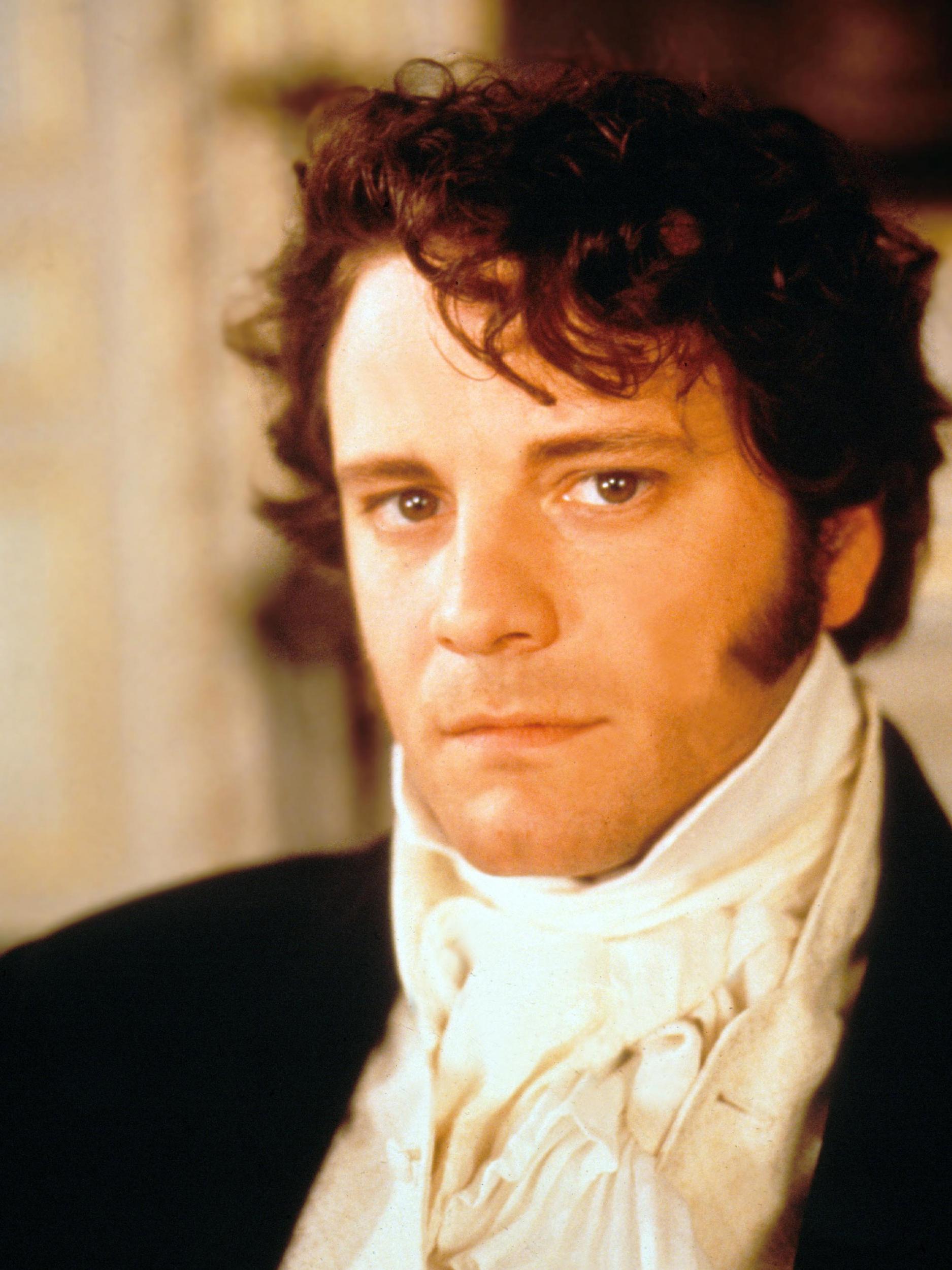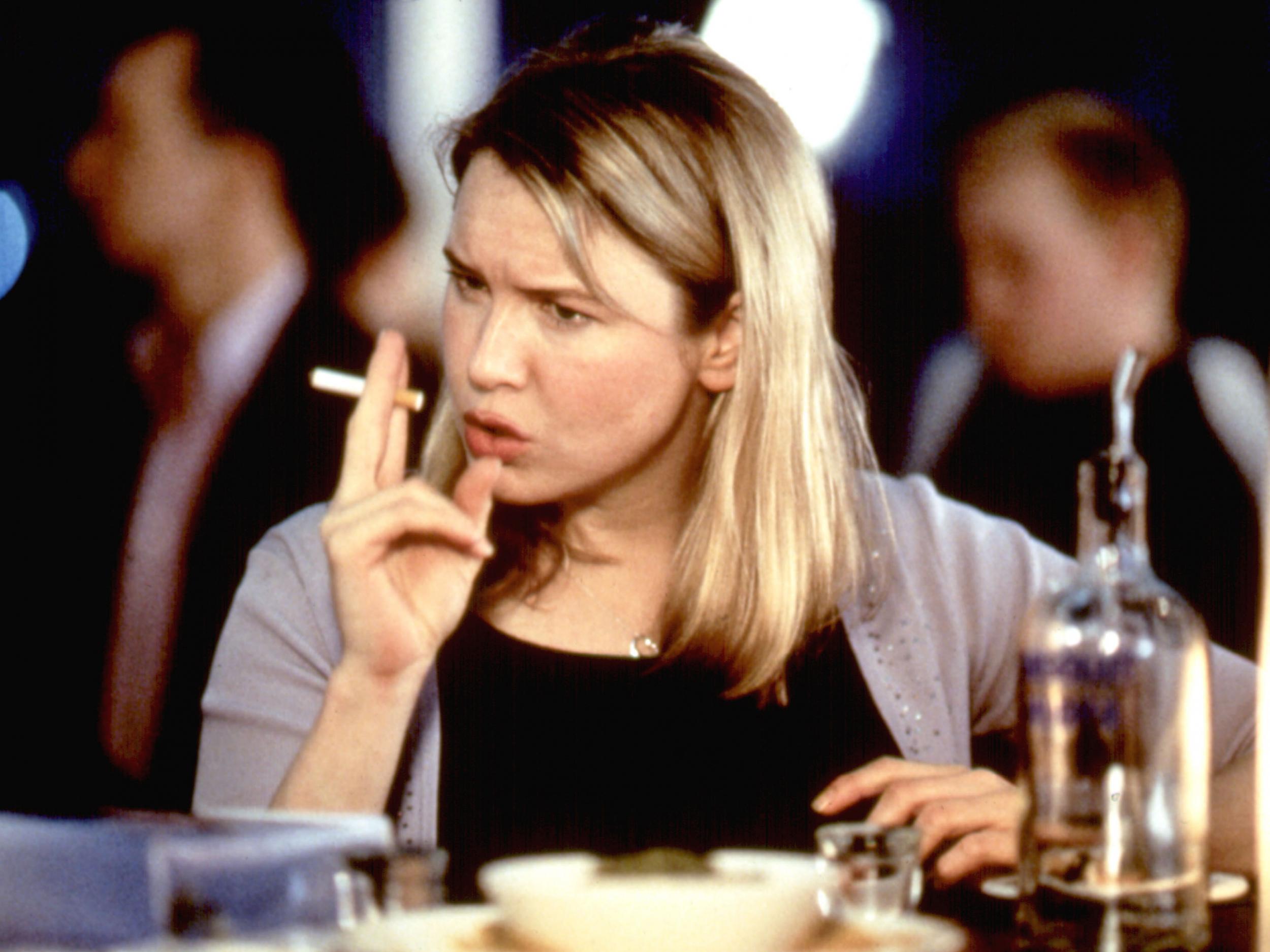Jane Austen's on the new tenner – but her influence spreads far wider than that
Jane Austen's face adorns the new £10 note, securing her legacy as one of Britain's favourite daughters. David Barnett tells us what we have to thank her for

It is a truth universally acknowledged that a beloved writer celebrating a notable anniversary must be in want of a news feature.
But where to begin with Jane Austen? Died 200 years ago today, aged just 41; author of six major novels (Pride and Prejudice, Sense and Sensibility, Mansfield Park, Northanger Abbey, Emma and Persuasion); combined Regency grace with biting social commentary; insanely popular the world over to this very day.
Why should we care, though, about this Oxford-educated daughter of a rector, swanning around in her long frocks and bonnets? What relevance does all this old literature have on our lives today? What, indeed, has Jane Austen ever done for us?
She’s on the new £10 note, which is released into the wild by the Bank of England today, the anniversary of her death, though it’s likely to be another couple of months before the new polymer tenner finds its way into your purse. Since Winston Churchill replaced Elizabeth Fry on the fiver, it means that Jane Austen – accompanied by a quote from Pride and Prejudice, “I declare after all there is no enjoyment but reading!” – will be the only woman apart from the Queen currently on British legal tender.
You think that picture of Beyoncé posing with her twins looked maybe too good to be true for a woman who gave birth a month ago? Well, there’s been a bit of a row after Jane Austen’s picture was “airbrushed” to make her look better on the aforementioned tenner. It’s based on a painting done after Austen’s death; the original sketch for it, by her sister Cassandra, showed Austen with bags under her eyes and plump cheeks, prompting TV historian Lucy Worsley to say when it was unveiled: “It's deeply ironic that the image chosen by the Bank of England isn't really her ... It's an author publicity portrait after she died in which she's been given the Georgian equivalent of an airbrushing.”
If you wake up every day thanking Jane Austen for the 1995 BBC adaptation of Pride and Prejudice, which saw Colin Firth as Mr Darcy striding from the lake with his shirt plastered to his chest, then think again. The famous scene wasn’t even in the book. Though it’s entirely possible Austen would have written it in if she’d known that Colin Firth was going to do that.

We can thank Austen for Bridget Jones, though. Helen Fielding’s series of books following the lives of London singletons, adapted for the big screen starring Renee Zellweger. Bridget Jones’s Diary mirrored the plot of Pride and Prejudice, even to the point of having love interest Mark Darcy played by Colin Firth, while the second outing, Edge of Reason, loosely followed Persuasion. It is unknown how many calories, units of alcohol and Marlborough Lights Jane Austen consumed on a daily basis.
Austen's work has been adapted into a plethora of TV series and films. The first version of Pride and Prejudice was made in 1938, starring Curigwen Lewis as Elizabeth Bennet; that role in the latest production, in 2005, went to Keira Knightley. There were nine other adaptations in between. Between 1948 and 2009 six actors took the title role in Emma: Judy Campbell, Diana Fairfax, Doran Godwin, Gwyneth Paltrow, Kate Beckinsale and Romola Garai.
And that's not counting the “loose” adaptations. The 1995 romcom Clueless, starring Alicia Silverstone, is actually considered a successful adaptation of Emma by Austen scholars, mainly because of the voiceover technique, which director Amy Heckerling employed to mirror Austen’s omniscient narrative voice in the books. Pride and Prejudice and Zombies, was released last year and based on Seth Grahame-Smith’s 2009 novel which took the original text of the book and inserted scenes of the Bennet sisters kicking undead ass.
Jane Austen was a feminist. Or maybe not. The Scottish Book Trust asked the question of a pair of Austenite members a couple of years ago and got some very different answers. No, said Brianne Moore: she did create some very spirited and strong female characters who many argue made their own decisions in life, rather than adhering simply to what society expected of them – after all, didn’t Lizzy Bennet turn down Mr Collins? But the thing is, those characters inevitably wound up fitting into exactly the mould their patriarchal society expected them to: they all married wealthy men of position, and took their places as good wives.” Yes, said Leila Cruickshank: “Austen lived in a time when the very notion that women could hold rational opinions and manage their own affairs was highly controversial, and while Austen is certainly not a radical in the sense that Mary Wollstonecraft is, she repeatedly demonstrates that women who are slaves to emotion, or who follow the dictates of social expectations over their own intelligence, cannot thrive.”
She certainly knew how to throw some Regency shade, especially at her fellow writers. In 1816, the year before she died, Austen wrote a piece entitled “Plan Of A Novel According To Hints From Various Quarters” (her knack for a catchy, movie poster-friendly title seems to have deserted her by this point). She parodied the things in then contemporary literature, such as pretty-pretty perfect heroines, which she admitted admitted made her “sick and wicked”. She also railed against anything she thought not a natural depiction of real life.

Speaking of sick and wicked, Austen was a bit of a ladette in her younger years. At least in her writing. A bit biting of the landowning culture that surrounded her the novels might well have been, but they still revolved around the buttoned-down society where a good marriage was the true goal. But you should take a look at the stuff she committed to paper when she was in her teens. In three surviving notebooks held by the British Library, Austen documents – according to Kathryn Sutherland, a professor of English at Oxford – the often “absurd adventures” of “confident, wilful, even rebellious young women” in a series of “exuberantly expressionistic tales of sexual misdemeanour, of female drunkenness and violence”.
We might have had a seventh Jane Austen novel had she not become very ill, beginning in 1816. By the time of her death in July 1817 she had part-written a novel called Sanditon, completing 12 chapters of the book, around 23,000 words. It was meant to satirise the newish fad for going to the seaside for the rejuvenating properties of seawater, and focused on the attempts of a businessman to transform a sleepy village, the Sanditon of the title, into a Brighton-esque health spa. She stopped writing it due to ill health in March, four months before she died.
Jane Austen died of poisoning, if the latest theory surround her death is to be believed. The casue of her death at the age of 41 is not well-documented. The prevailing wisdom is that it was tuberculosis or possibly even cancer. But earlier this year the British Library had tests carried out on three surviving pairs of spectacles owned by the writer. The three pairs of glasses had varying levels of lens-strength, suggesting Austen might have suffered from cataracts. One cause of cataracts is known to be arsenic poisoning. Accidental, in this case, suggests the British Library, but backing up a theory put forward in 2011 by the crime writer Lindsay Ashford.
However Jane Austen died, she left us a fine crop of classics, and has earned her place in the highest pantheon of writers as well as on the £10 note. She was funny, shrewd and caustic and we owe her a lot. And if you haven’t yet had the pleasure of her books, well, I’ll leave you with her own words voiced by Mr Henry Tilney in Northanger Abbey: “The person, be it gentleman or lady, who has not pleasure in a good novel, must be intolerably stupid.”
Join our commenting forum
Join thought-provoking conversations, follow other Independent readers and see their replies
Comments
Bookmark popover
Removed from bookmarks